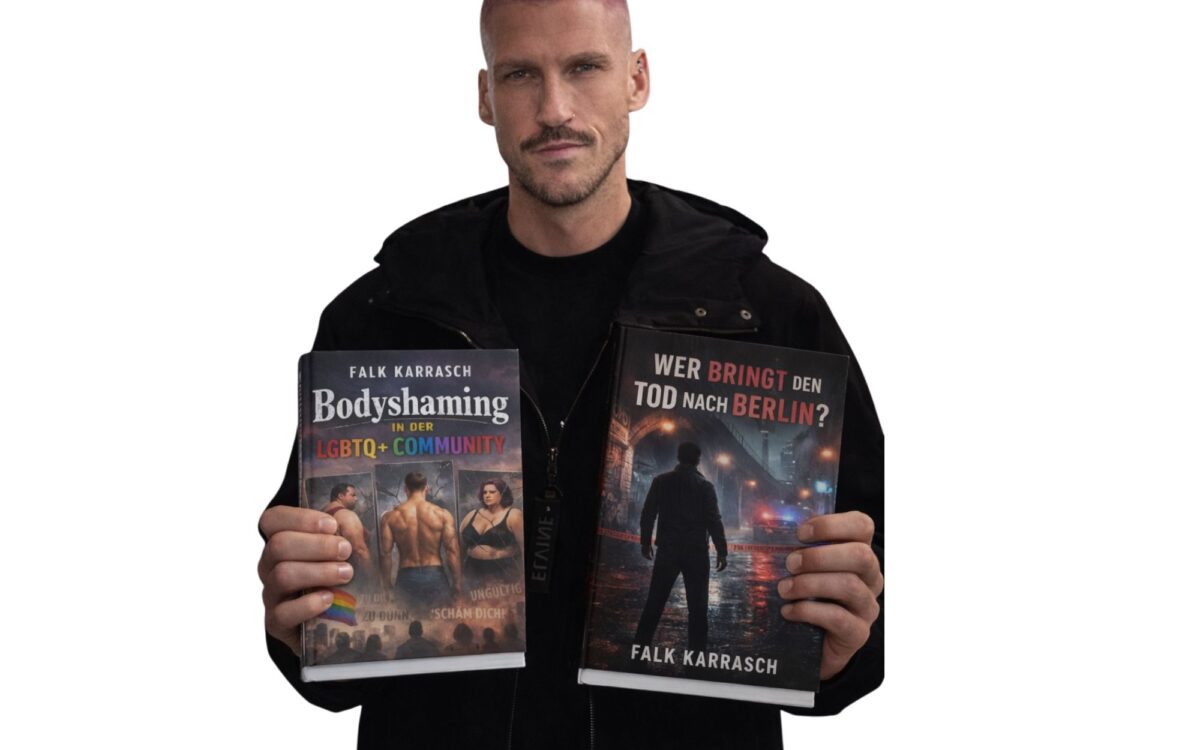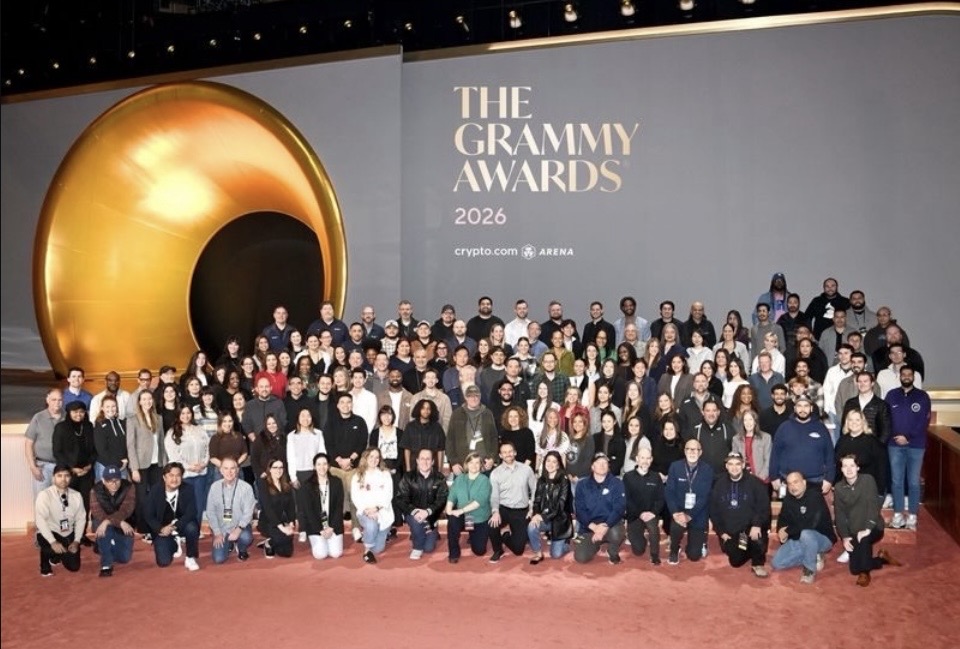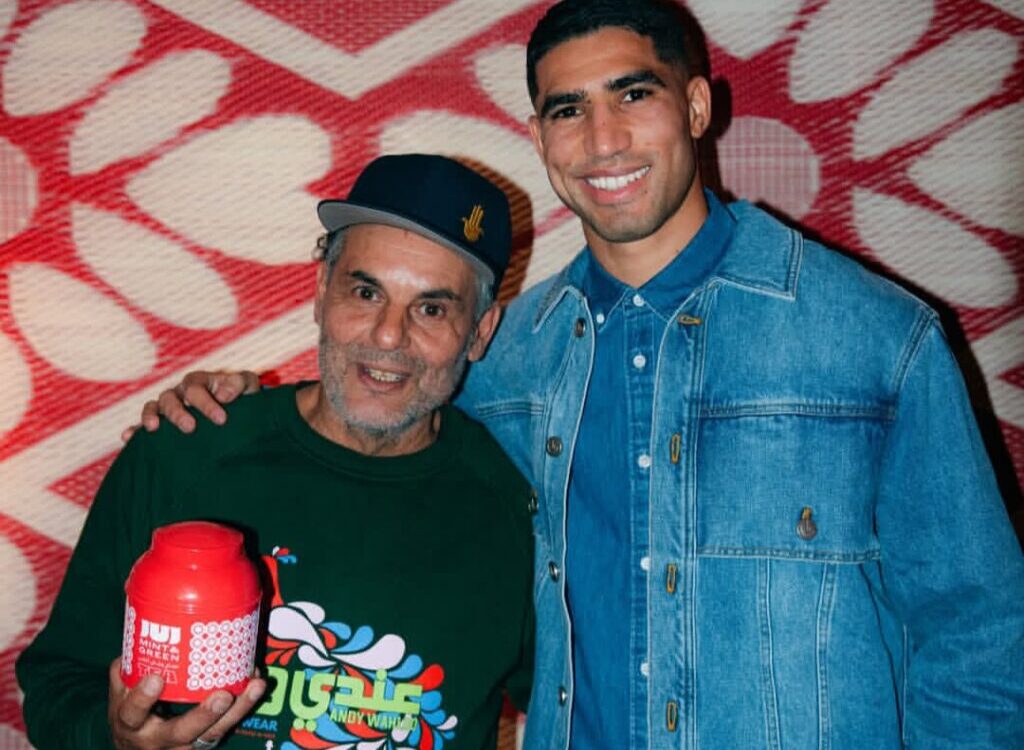„Kolleg*innen sind gestorben und die Infrastruktur der Verlagsbranche ist schwer beschädigt“
Olena Odynoka (Ukrainian Book Institute) und Oksana Hmelyovska (International Book Arsenal Festival) im Gespräch: Trotz der extrem prekären Situation, in der sie sich gerade befinden, kamen diese beiden zentralen Akteurinnen der ukrainischen Literaturszene unserer Bitte nach, ihre Lage in Worte zu fassen. Der Anlass war eigentlich ein erfreulicher:
Einstimmig wurde am 18. März das Ukrainian Book Institute zum neuen Mitglied von ENLIT (European Network for Literary Translation) gewählt, das 30 Institutionen aus ganz Europa vereint.
“Reconciliation dialogue is impossible while our cities are being bombed”: In conversation with Oksana Hmelyovska and Olena Odynoka“
Four weeks ago, Russian troops have invaded Ukraine, violating international law and starting a devastating war that has caused a great number of casualties and has forced more than 3 million Ukrainian citizens to flee, among them many publishers and authors. In the midst of war, publishing professionals in Ukraine are fiercely promoting Ukrainian literature, organizing emergency initiatives and crowd funding campaigns, compiling foreign rights lists in order to help the international publishing industry and readers throughout the world to learn more about the history and contemporary life in Ukraine. As part of the international support of Ukrainian publishing sector, Ukraine has been elected as a full member of the ENLIT network. We have asked Oksana Hmelyovska – Professional development programs curator of the International Book Arsenal Festival and Olena Odynoka — Head of the International Cooperation Department at the Ukrainian Book Institute and Coordinator of the programme Translate Ukraine, to provide us with a glimpse into their current work under severe conditions.
FBM-Team: How are you? How is it possible for the Book Arsenal Kyiv and Ukrainian Book Institute teams to work right now?
O.K. The Book Arsenal team is small, and all of us are now in the western part of Ukraine, except for the Festival Coordinator who stays in Kyiv; the Director of the Mystetskyi Arsenal is visiting the office from time to time. We are confident that the Old Arsenal, where the Book Arsenal, Ukraine’s greatest intellectual event, takes place, will survive, because it survived the First and the Second World war, and the Revolution of 2013/14. And now we are working, hiding from air strikes in bomb shelters, sometimes without internet connection. But we believe that we will be able to meet you, our dear friends, at our festival in Kyiv, or to come to the exhibition that you are organizing, with new books and exciting, honest stories. Please stand with us to make this happen. StandWithUkraine.
O. O. The staff of the Ukrainian Book Institute is located in various cities of the central and western Ukraine now, some of my colleagues are abroad. We are trying to do our job in the conditions of the war, often day and night air alarms and the huge number of new challenges we faced, as on the one hand the publishing industry capacities has been severely affected, but on the other hand the need to talk about Ukraine, Ukrainian literature and publishing in the context of war with Russia increased enormously, because the point of view that differs from Russia’s one is that one that can save the civilized world from a much larger war.
Note: The Ukrainian Book Institute is a state institution under the Ministry of Culture and Information Policy of Ukraine, designed to shape state policy in the book industry, to promote book reading in Ukraine, to support book publishing, to stimulate translation activities, and to promote Ukrainian literature abroad. In 2021, the UBI purchased 331,077 books for 48.361 mln. UAH for public libraries.
FBM-Team: What is your message to the international publishing community right now? Why is it important to support literature in Ukrainian language?
O. K. Several Ukrainian writers, translators, journalists, publishers were already killed in this war. Publishing infrastructure is seriously damaged: Ukraine’s largest printing facilities in Kharkiv are destroyed, 70% of Ukrainian publishers do not have offices because they had to leave them, some do not have access to their servers; dozens of bookstores are damaged, one of the largest libraries in the EU, the Korolenko Kharkiv State Scientific Library is damaged.
It is essential for us to highlight all Russian acts against humanity: over 500 schools, universities, colleges, academies are destroyed, museums and churches are destroyed and looted. And even such cultural symbols of global importance as the world’s largest and most powerful transport aircraft, the «Mriya» or Freedom Square (Kharkiv).
After Maidan (editor’s note: Ukraine’s popular demonstration in Kiev’s Independence Square, the Maidan Nezalezhnosti, during the winter of 2013-14, against the pro-Moscow presidency of Viktor Yanukovych), where we were standing for the values of freedom, pro-Western development and overcoming the kleptocracy – all of our work we’ve been doing was for establishing these values.
Ukraine, like Ukrainian literature, is now at the frontline and defends the values of democracy, the values of the whole world.
You know, some attempts of Western curators to organize “reconciliation discussions” of Ukrainian and Russian cultural representatives seem especially cynical. Reconciliation dialogue is impossible while we have bombings and shellings of our cities. In Russian totalitarian society, culture is an instrument of influence and propaganda, and it can be used to cover up the countless war crimes that Russia is committing against Ukraine.
However, right now is a good time to have a look at Ukrainian literature and book publishing as an original phenomenon, to start studying it in greater depth.
Ukrainian literature is the source that will let you understand who we are, what’s going on, why Ukrainians resist in front of „the 2nd army in the world“, and why Russia cannot win this war.
O. O. The war in Ukraine began not 26 days ago, it lasts for so much longer. For many years propaganda and distortion of facts, lies and distortions of history have been Russia’s weapons. Russia has always been active in propaganda through the cultural sphere, therefore I do not agree with the statement that „culture is out of politics“. Culture is a word and a word is a weapon, it is the protection of one’s national identity, language, values and freedom. Supporting Ukrainian literature and its translation into foreign languages is first of all learning our experience and pain. Ukrainian books translated into foreign languages will help foreign readers understand the current situation and avoid the future that has come to our homes today. If we do not stop the war together, it will come to you as well.
FBM-Team: Last week, Ukraine has been appointed a full member of the ENLIT network. What are your aims for taking part in the network?
O. O. Participation in the network ENLIT is extremely important for us as an institution promoting translations of Ukrainian works into foreign languages. In the context of war, this is additional support for powerful industry managers from all around the world. And in peacetime it is a great opportunity for us to be useful in the common cause of promoting reading, sharing experiences and joint creation of important and large-scale projects, strengthening and building cultural ties between our countries.
O.K. It is a great honor for Ukraine to join the ENLIT network. As a festival, we will be thankful if you participate in our program, we will be glad to promote your projects among the Ukrainian book community. We are also ready for joint projects in order to promote foreign literature and books for our audiences. We also believe that thanks to Ukraine’s participation, the attention to our project Ukrainian Literature: Rights On! will grow bigger, and there will be publishers and literary agents from your countries among the participants of B2B meetings.
FBM-Team: What do you expect from the European Network for Literary Translation ENLIT, now and in the years to come?
O.K. We would like to integrate as much as possible into the European community, to know about all grant opportunities, to share experiences and participate in joint programs and training courses.
Now, it is important to support the boycott of Russian publishers — first of all, we see a threat in Russian publishing activities and books, especially supported by the Russian translation grant programmes, that served propagandistic ideas of the government. Calls for boycott aim at western cultural institutions that for decades turned a blind eye on the origin of support behind various Russian projects, initiatives, exhibitions, pavilions, and other forms of representation.
Moreover, the boycotts aim at those Western institutions and platforms that do not question their reason for giving a voice to a Ukrainian artist only in the presence of a Russian one.
O. O. During the war, we sincerely hope for broad communication support for Ukraine in the struggle for freedom and European values. During these hard times we urge the whole world to boycott Russian books that are spreading propaganda. We are trying to warn everyone that fighting the propaganda is needed for saving all lives, not only Ukrainian people. The huge influence of Russian propaganda can be seen in some European countries. We do not want these countries to suffer like we suffer now. The price of it is too high. In a peaceful future we hope to have the opportunity to work with you side by side with all the efforts we have for these needs, to cooperate in the field of translations all over the world.
FBM-Team: How can ENLIT be of help/use for you now and in the future?
O.K. The most important thing for us now is that the ENLIT participants stand together with us, help us to be strong in this difficult time. That is why we will be happy to welcome various activities of yours. Perhaps, among them will be those activities that would help the Ukrainian publishing industry to survive:
• Network of printing houses for Ukrainian publishers – to help with free printing for Ukrainian publishers abroad. Ukrainian publishers can submit the layouts electronically, and partners can print and distribute the books to libraries and refugees. There are such centers in Poland, Lithuania, Estonia, Czechia, etc. This mechanism has already been developed. The commercial component can be discussed later.
• E-book distribution initiatives
• Donations to buy books for children-refugees – https://cutt.ly/CSdBOyV
• Grants for buying translation rights to Ukrainian books – organizing special grants to support the Ukrainian publishing industry, including translators, editors, proofreaders, authors, etc.
• Collective Support Fund – for example, a mechanism for additional funding for vulnerable representatives of the publishing industry has been developed.
• Jobs and financial support – commissioning work from Ukrainian managers, illustrators, book designers, etc., as well as joint projects.
• Providing information about new opportunities for the sphere of culture available in your country.
We also hope for a really close communication, that is why our next steps will be aimed at nurturing mutually beneficial cooperation, at boosting translators’ visibility. For instance, Ukraine offers a wonderful translation prize, Drahomán Prize. The Prize aims to support and acknowledge the enlightening work of those who translate from Ukrainian into other languages, who bring Ukrainian literature to the world and thus draw the world’s attention to Ukraine through the works of Ukrainian authors.
FBM-Team: What are the specificities of contemporary Ukrainian literature?
O.K. It seems to me that in addition to contemporary literature, it is worth paying attention to the period of modernism, the so-called „Executed Renaissance“, which took place in Ukraine in the 20-30s of the 20th century. At that time, the Soviet authorities executed or sent to camps around 300 Ukrainian scientists, scholars, writers, and theater figures.
Among the wonderful novels of this period, that already are world heritage, are City by Valerian Pidmohylnyi, Notes of a Pug-Nosed Mephistopheles by Volodymyr Vynnychenko, Tale of the Sanatorium Zone by Mykola Khvylovyi, Master of the Ship by Yurii Yanovskyi, A Girl with a Teddy Bear by Viktor Domontovych etc.
In recent years, contemporary Ukrainian literature has become very interesting, diverse, and honest; our writers experience pain and feelings that are then expressed in their texts. It seems to me that, like 100 years ago, we now have a very strong modern (contemporary) literature. And the world needs to know about it.
O. O. Like any modern literature in every country, Ukrainian modern literature is based on the realities in which we live. Since 2014, the war in Ukraine, Russia’s occupation of Luhansk and Donetsk regions and the Crimean peninsula has become a permanent narrative in fiction, poetry, non-fiction literature and even books for kids. These texts are permeated with our experience and pain, but they are still about the will and hope, about the desire of Ukrainians to finally get rid of Russia’s presence on our lands and from the narratives dictated by Russian propaganda.
FBM-Team: Ukrainian authors such as Sergij Zhadan, Andrej Khurkow, Sofia Andruchowytsch or Kateryna Babkina are accessible to European readers because they were already translated. If you had to name only a few: what contemporary authors would you recommend to foreign publishers?
O.K. Well, this is one of the aims of our Ukrainian Literature: Rights On! project. For 2 years in a row, we have invited well-known Ukrainian literary critics and culture managers to draft curatorial lists of books that need to be translated in the first place. We have made beautiful videos and the following selections of books that we recommend for translation:
The books that might be the first and unforgettable acquaintance with Ukraine for various readers around the world.
- Ukrainian Contemporary Literature: Chief Personalities and Titles
- Plunge into Popular Fiction
- Ukrainian Non-Fiction: Why Is It Interesting?
- Why is Ukrainian Literature a Part of European Heritage?
- Books that show you how to distinguish facts from fakes, and how to fight against propaganda.
FBM-Team: What Ukrainian novel, children’s book or non-fiction book (in general, not only contemporary) should be translated to the world right now?
O.K. If this list is not enough for you, then I recommend that you pay attention to the book of memoirs Path of Light. The Story of a Concentration Camp by Stanislav Aseev, a journalist who was a prisoner of the Kremlin in 2017-2019 (Old Lion Publishing House).
And a very fresh book Unrecognized Stories. A Journey to the Self-Proclaimed Reality of Armenia, Azerbaijan, Georgia, and Moldova by Anastasia Mahazova and Tetiana Kozak about the territories that have also suffered from Russian aggression (Tempora).
And for kids, a cognitive workbook Cossacks Rule the Country, illustrations by Natalia Kudliak, Oleksii Sokyrko, Iryna Holodiuk, Lina Maksymuk, Maryna Staryk, Natalia Sobolevska (Brustury: Discursus);
And if that is still not enough, I suggest visiting Chytomo.com, the website about Ukrainian literature and book publishing that has many useful recommendations.
O.O. I would like to answer the last two questions at once. For two years the Ukrainian Book Institute has implemented a Translation Support Program in the frames of which 115 translations of Ukrainian books have been supported and translated into 21 languages. In the context of the current situation, we would recommend books on the war, each of which will provide insight into the peculiarities of Ukrainian culture and the liberation struggle, help to understand the preconditions of the current war and develop an antidote to Russian propaganda. The book is a powerful long-acting weapon, so here are the books I highly recommend to read and translate into more languages:
• “A chronicle of one hunger strike. Four and a half steps” by Oleh Sentsov and “Light Way. A story about one concentration camp” by Stanislav Asieie (Sentsov’s book is translated into German; Asieiev’s book is translated in German and French)
• “Docia” (“Daughter”) by Tamara Horikha-Zernia. (Translations are available in Macedonian and Latvian)
• “How Putin’s propaganda works” by Mykola Davydiuk (A translation is available in German)
• “Our ‘others’. Stories of Ukrainian diversity” by Olesia Yaremchuk (A translation is available in German)
• “Summer–ATO” byOlaf Klemensen (A translation is available in German)
• “Ukraine” by Artem Chapai’s
• “I will mix your blood with coal. To understand the Ukrainian East” by Oleksandr Mykhed (A translation is available in German)
• “History marked “secret” by Volodymyr Viatrovych (A translation is available in Czech)
• “The Orphanage” by Serhii Zhadan (“The Orphanage” has been translated into many languages, and in 2020, a Georgian version appeared thanks to the Translation Support Program)
• “Notre Dame D’Ukraine: Ukrainian woman in the conflict of mythologies” by Oksana Zabuzhko
• “My grandfather danced best of all” by Kateryna Babkina (A translation is available in Serbian)
• “Amadoca” by Sofia Andrukhovych (A translation is available in Croatian)
Oksana and Olena, thank you very much for your time.




